Constitutional experts warn Tony Burke’s detainee laws ‘vulnerable’ to challenge
Home Affairs and Immigration Minister Tony Burke will impose a new test so the government can continue to monitor freed detainees, as expert warn the new measures may face legal challenges.
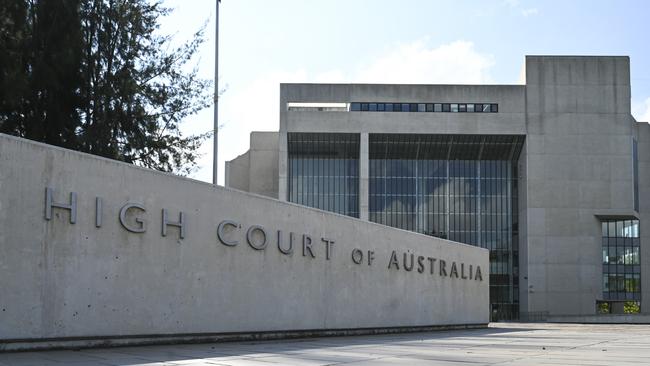
Home Affairs and Immigration Minister Tony Burke will impose a new “community protection test” to allow the government to continue monitoring freed detainees, with constitutional experts warning the new measures will be vulnerable to fresh legal challenges.
After the High Court ruled the Albanese government’s monitoring regimen was unconstitutional, Mr Burke introduced legislation on Thursday stipulating the minister can impose ankle monitoring and curfew conditions on detainees if satisfied on the “balance of probabilities” they pose a risk to the community.
In a bid to circumvent concerns set out by the nation’s highest court that the security measures imposed on the now 224 dangerous non-citizens released following the NZYQ ruling were automatic rather than through an active decision, Mr Burke has integrated a test requiring the minister to believe the conditions to be “reasonably necessary” into existing migration laws.
The legislation will also allow Mr Burke to re-detain unlawful non-citizens and deport them to a third country under a “reception arrangement”, and includes “immunity provisions” to protect the government and officials from legal liability for these decisions.
After the High Court on Wednesday ruled in favour of an Eritrean-born man, known as YBFZ, whose lawyers argued the monitoring conditions imposed on him under his bridging visa were punitive, Mr Burke said the government had been “meticulously prepared” for the outcome.
The new regulations, rubber stamped by Governor-General Sam Mostyn on Thursday morning, allow Mr Burke to begin reissuing monitoring conditions on the released detainees, with legislation needing to pass the parliament to give the minister broader powers to surveil and deport the cohort. “The decision of the High Court yesterday is not the one the government wanted, but it is one we prepared for,” he said. “That’s why the government is in a position to take immediate steps to protect community safety.”
Opposition immigration spokesman Dan Tehan criticised Mr Burke for providing no time frame of when he will impose the visa conditions on the cohort of “hardened criminals” who are now at large. “The Australian people have every right to be deeply, deeply concerned that once again, this government has failed to keep them safe,” he said.
Mr Tehan, opposition home affairs spokesman James Paterson and legal affairs spokeswoman Michaelia Cash have called for a parliamentary inquiry to scrutinise the legislation before the final sitting week of the year.
“We will work constructively in the national interest to help clean up Labor’s mess and keep the community safe,” they said.
Constitutional law expert Anne Twomey said the government was attempting to reframe the visa conditions as not punitive because they served the purpose of protecting Australians, but the approach raised “problems” because it gave the minister greater powers than a judge under executive power.
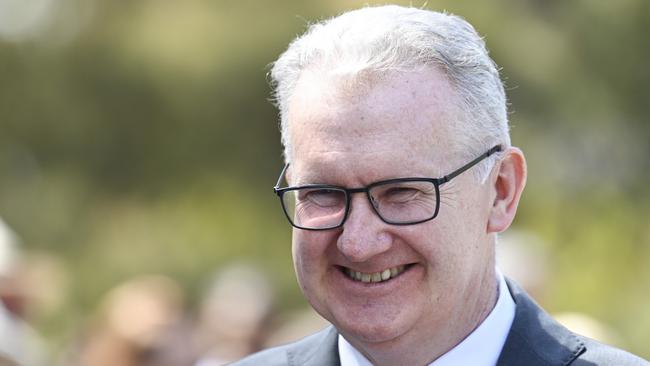
Professor Twomey said the response to the YBFZ decision was likely to succumb to a court challenge, and merely served as a “delaying tactic” to contain the problem until a later date.
“It’s fairly likely someone will challenge it, and there is a reasonable chance it will be struck down,” she said.
“Because, on the one hand, the government has tried to satisfy what the High Court said in the YBFZ case, it has tightened up the language so that it’s much more directed and specific.
“So it’s done at least half, maybe two-thirds of the job. But whether it’s actually gone far enough, is debatable.”
Constitutional lawyer Greg Craven said he did not believe a “substantial test” would be enough to stave off another legal challenge, because the model still involved ministerial judgment of community risk: “It’s incredibly vulnerable. It’s vulnerable the same way the old legislation was. Unless there’s something I don’t know, this is going to go down.”
Human Rights For All founder Alison Battisson, who is representing a number of the NZYQ cohort, said the new measures were “very open to challenge”.
Australian Lawyers Alliance spokesman and barrister Greg Barns said the High Court’s history of decisions and the legislation’s interference with liberty and privacy left it “susceptible to constitutional challenge”.


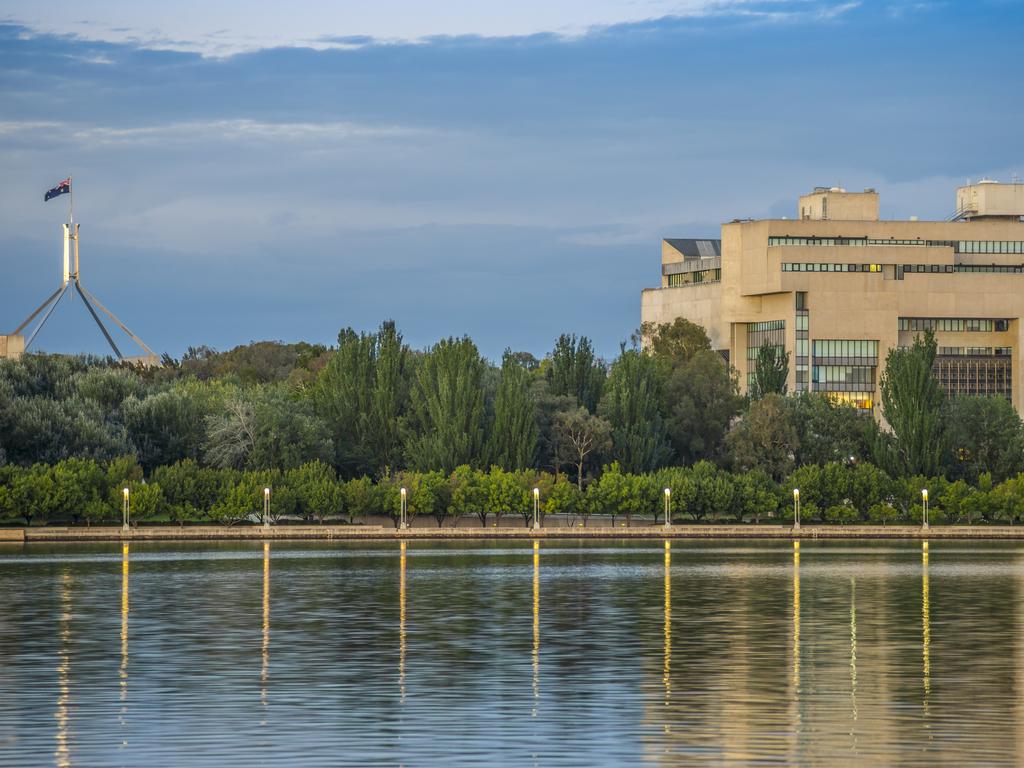
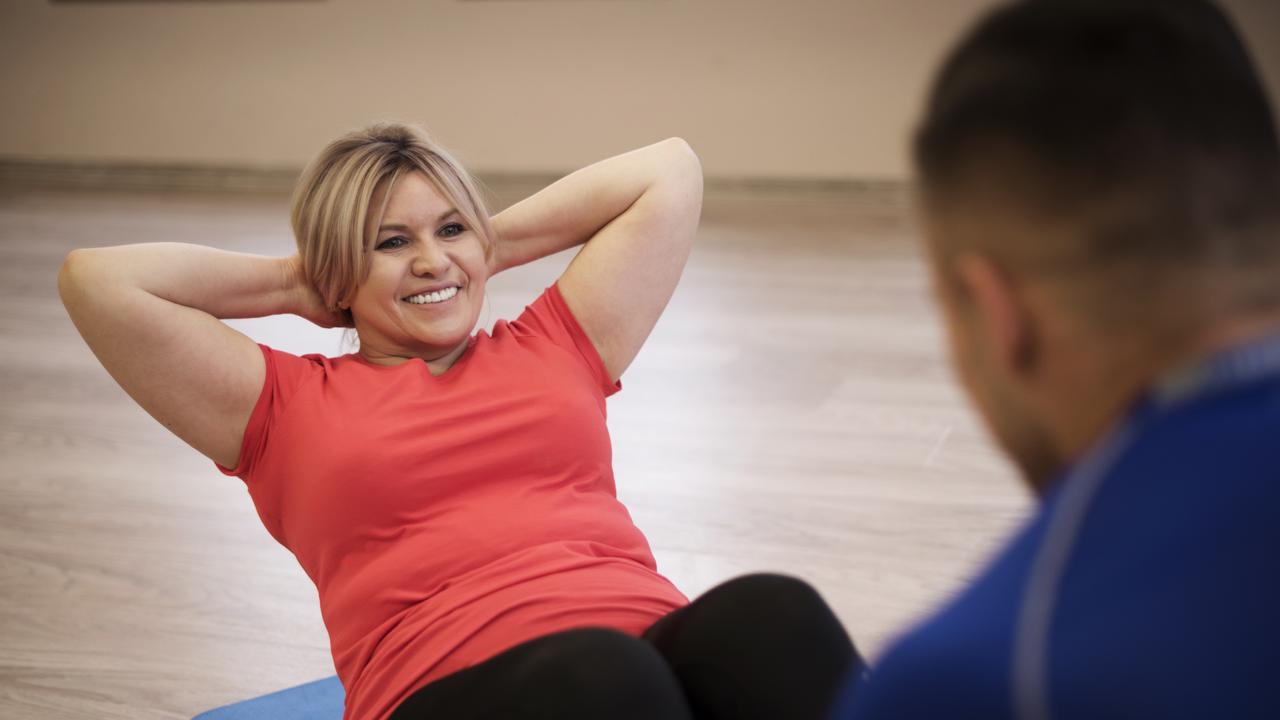
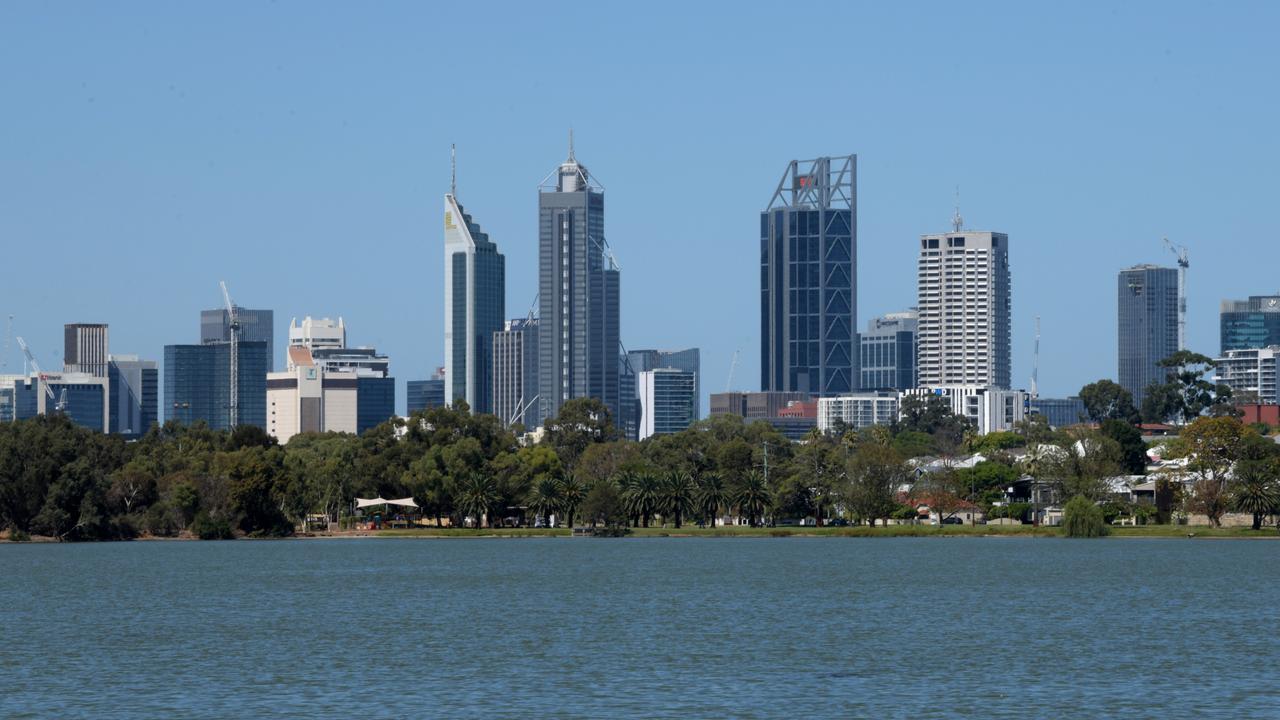
To join the conversation, please log in. Don't have an account? Register
Join the conversation, you are commenting as Logout